Now that Godfall has been out in the wild for a while, you might be hitting a bit of a wall in terms of progress. As fast and fluid as the combat is, it can still get a bit overwhelming with how many options and nuances there are.
This guide will cover things from a high-level, basics perspective, as well as go into detail about specific aspects of combat in Godfall.
Godfall Combat Guide: The Basics
At its core, combat in Godfall is split into four actions:
- Light attacks
- Heavy attacks
- Dodging
- Blocking
Using those four actions effectively is the most important strategy, but there is plenty of added nuance on top of that as well.
There are various types of special attacks to contend with and depending on how you upgrade your skill tree, it could drastically change your playstyle.
That’s not to mention the five weapon types:
- Longsword
- Greatsword
- Polearm
- Dual blades
- Hammer
They each have different rhythms to their attacks and different use cases and since you can have two equipped at any given time, there is some flexibility.
Light and Heavy Attacks
I played and reviewed Godfall on PS5, so that’s my point of reference (not the PC version). Each weapon has the same series of combos that work like lots of other action games. You can string together light attacks (R1) up to four times and exit the combo with a heavy attack (R2) at any time.
After the third light attack doing a heavy attack has a special finish that’s different than it would be after the first or second light attack.
Heavy attacks can also be combined together three times for slower, more powerful attacks. Mixing this up is crucial to be effective.
Typically, I find myself gravitating towards faster, lighter weapons for large groups of enemies or weaker enemies so I can single them out and take them down quickly while still remaining agile. Bigger weapons have longer wind-up, so it’s difficult to stay on your toes as much.
Parrying
Timing parries is a big part of combat as well. If you block at just the right second before an enemy hits you, then you can parry the attack. This leaves them partially stunned for a moment and, in most cases, displays a red dot that denotes a “weak point” for bonus damage.
Weak points eventually become a key combat mechanic and there are entire skills based around exploiting and revealing those more often. I also recommend upgrading your dodge as soon as possible so that you can double-tap to slide for added distance on evasions.
Valorplates
Before moving on, it’s also worth touching on the 12 different valorplates. Frankly, they’re so similar it’s hardly worth breaking them each down; you can preview all of their stats at the Seventh Sanctum hub in between missions.
Every valorplate has a passive bonus that’s always activated, such as decreasing damage taken, increasing chance to land a critical hit, etc. And they’ve also got a special “Archon Fury” mode that enables a special power that boosts passive bonuses even higher.
Those are the only differences. All of your stats are controlled by invisible trinkets you never see like amulets and rings and your moveset is governed by the two weapons you equip.
It’s pretty straight forward. In fact, choosing a valorplate is so inconsequential I usually just unlocked them as I went and played with whichever one felt looked the coolest at the time.
Weapon Types
As explained before, there are five weapon types in Godfall. We’ll cover them each here individually.
Longswords
You could consider the Longsword the most traditional, basic weapon type. It’s pretty fast compared to Greatswords and Hammers but a fair bit slower than the Dual Blades.
What I like about the longsword is that you’ve got easy access to both horizontal and vertical attacks for either groups or single enemy situations. It’s also very easy to quickly swoop in, dish out some hits, then dodge your way back out of melee range.
Greatsword
I spent the majority of the game using Greatswords for boss fights and had a lot of success. What I like about them is that they’re fast enough that you can get a hit off during those crucial openings you’ll see on occasion in between attack patterns, but they still hit like a truck, similar to the hammer.
Particularly the sprinting light attack is very fast on the swing and you’re able to dodge out of the way right after pretty quickly.
Hammer
As mentioned above, the Hammer is the slowest weapon in my experience, but also the most powerful. Even the basic light attack has a small AoE shockwave on the ground that can destroy debris and damage enemies in a circle around the point of impact.
It feels very heavy to use, which is fun to experience using the DualSense controller on PS5.
Dual Blades
This is the fastest weapon type in the game, and it’s not even close. The light attack combo with these is a flurry of swipes that shreds through weaker enemies like nothing and some of the heavy combo finishers spin them around on a chain, old-school God of War style, for big sweeping damage. They’re very versatile, but the range is painfully short at times.
Polearm
Finally, there’s the polearm. I didn’t use this weapon a lot until the late game, and I was bummed I didn’t try it out sooner. The stabbing attacks feel even faster on the point of impact than the Longsword, and it’s got the range and reach to deliver some wide, sweeping group attacks to take out enemies quickly.
I still prefer the Greatsword for large, single target boss combat, but the polearm eventually became my go-to primary for all other situations.
Weapon Techniques, Breach, and Soulshatter
In order to be as efficient as possible in Godfall, it’s crucial to learn the intricacies of Weapon Techniques, Breach, and Soulshatter.
Weapon Techniques are the special attacks you build up with the yellow bars above your loadout in the bottom right corner. Each weapon has two different “technique” attacks; these are big, flashy epic moves. You can use them by holding “L2” and then pressing either “R1” or “R2,” depending.
For example, one of the Greatsword’s Technique attacks is a mid-range sword throw that hits an enemy, passes through, then comes back and hits them again for big damage. One of the Hammer Technique attacks is a giant spinning attack that hits everything around you.
Luckily, you can charge the meter pretty quickly so you don’t need to feel pressured to conserve these attacks at all.
Soulshatter and Breach are concepts that are taught early in Godfall, but you don’t understand their importance until much later.
Every time you land a light attack on an enemy, you’ll notice their health bar goes down, of course, but then pieces of it are outlined in white. As you continue to attack, the white bit will grow large and larger. You can eliminate all of the white bit of their health by landing a heavy attack.
Soulshatter is super useful for weaker and mid-tier enemies because you can just finish them off with a big heavy that knocks out a big chunk of health.
Breach is sort of the opposite. As you land heavy attacks, you’ll build up the breach meter (the yellow bar beneath their health) and once full, it staggers them. Some skill slots and Valorplates are also focused on improving your ability to deal either of these types of damage.
They’re both crucial to success. Usually, in a boss fight, I’d recommend building up Breach first, then going all out on building up the Soulshatter while they’re momentarily staggered and finishing off with a heavy attack to eliminate that Soulshatter build up.
There are a few other things to be aware of in Godfall combat, such as unlocking different types of shield throws, the sundering slam ability that weakens enemy caught in its blast radius, or banners. But all of that is pretty straight forward and, luckily, Godfall has very clear and useful tutorials in its UI and in the skill unlock menu.
For more on Godfall, be sure and check out our full review of the PS5 version right here. Godfall is also out on PC via the Epic Games Store and will come to other platforms starting in May 2021.

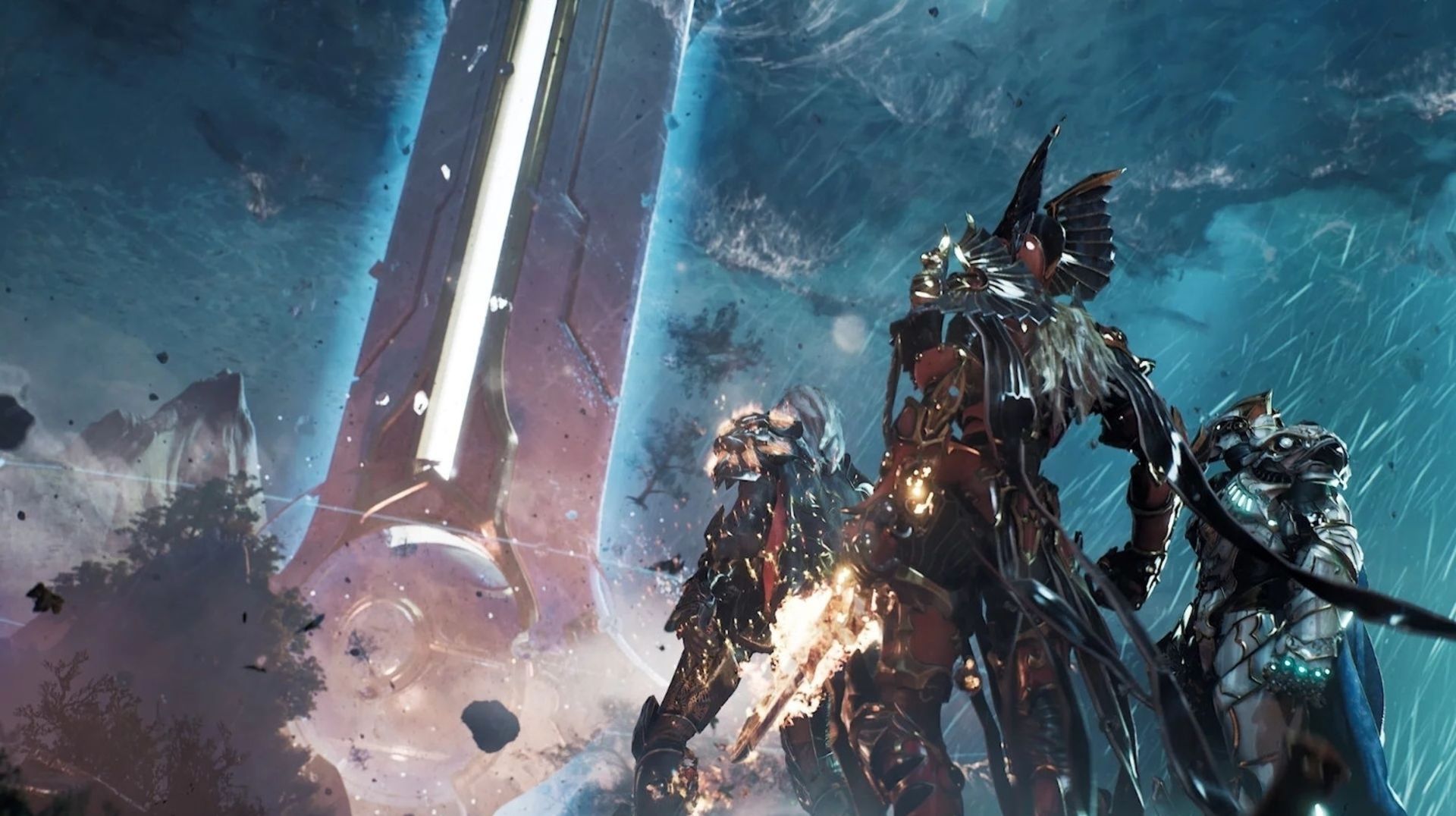
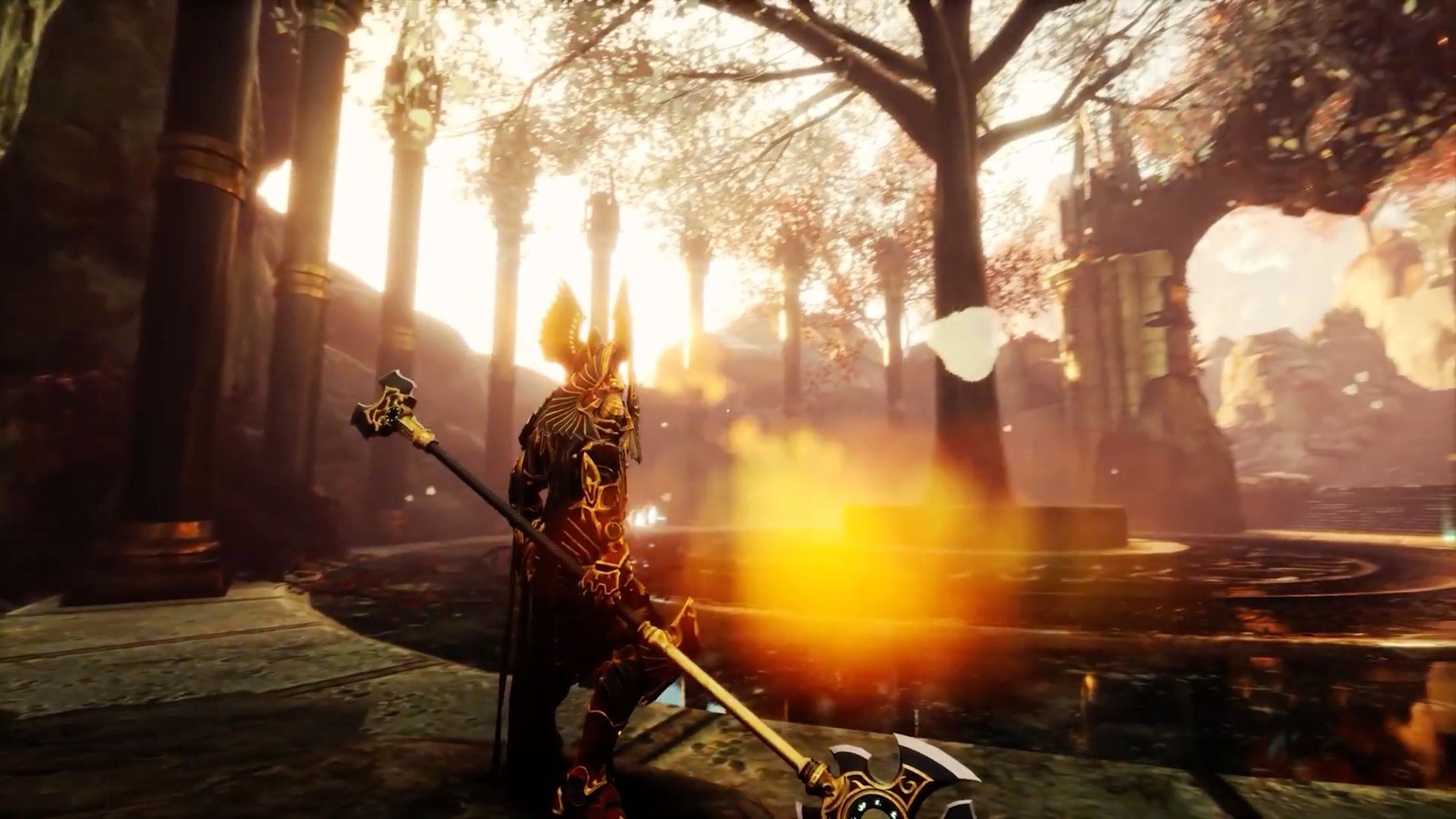
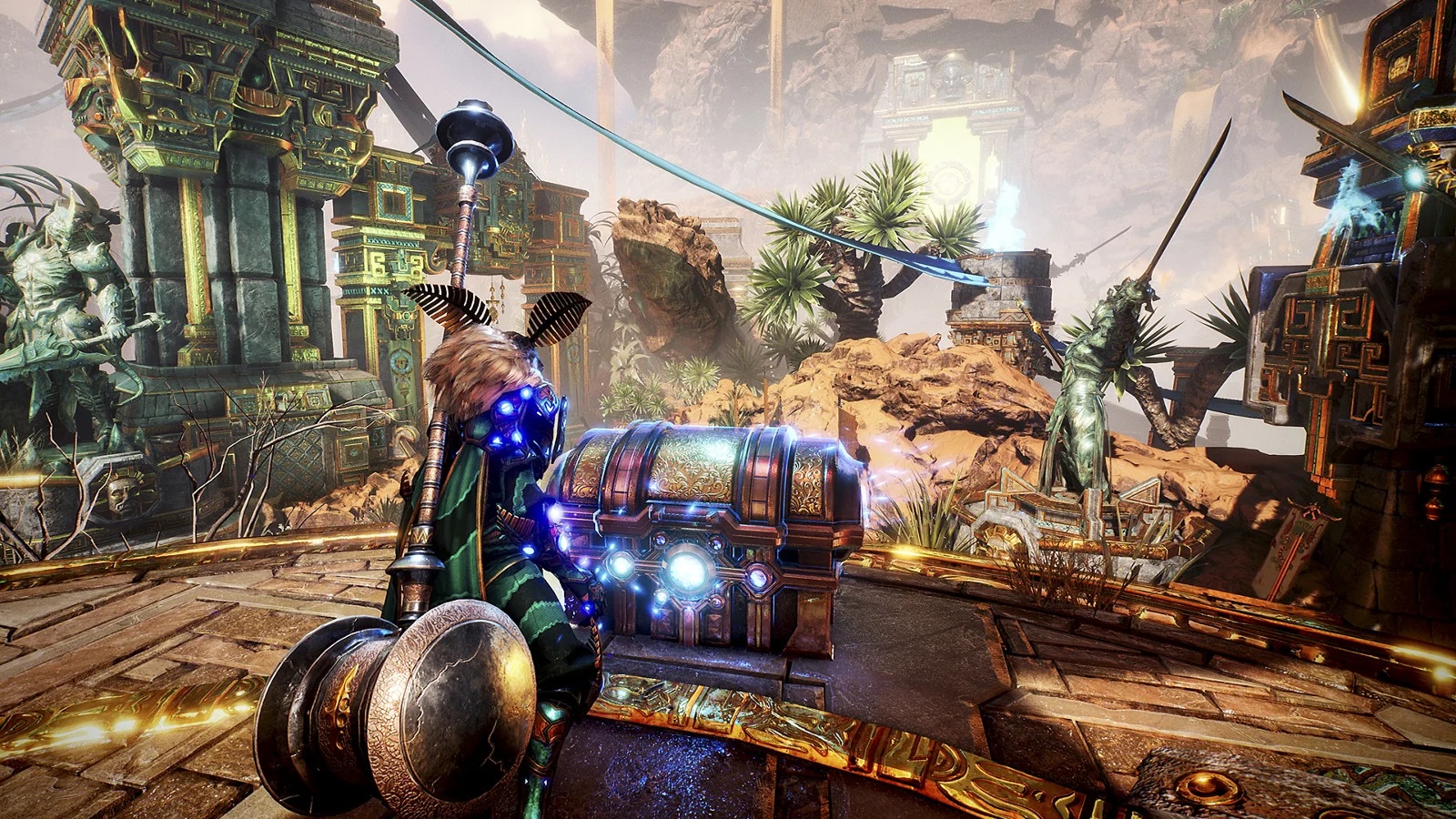
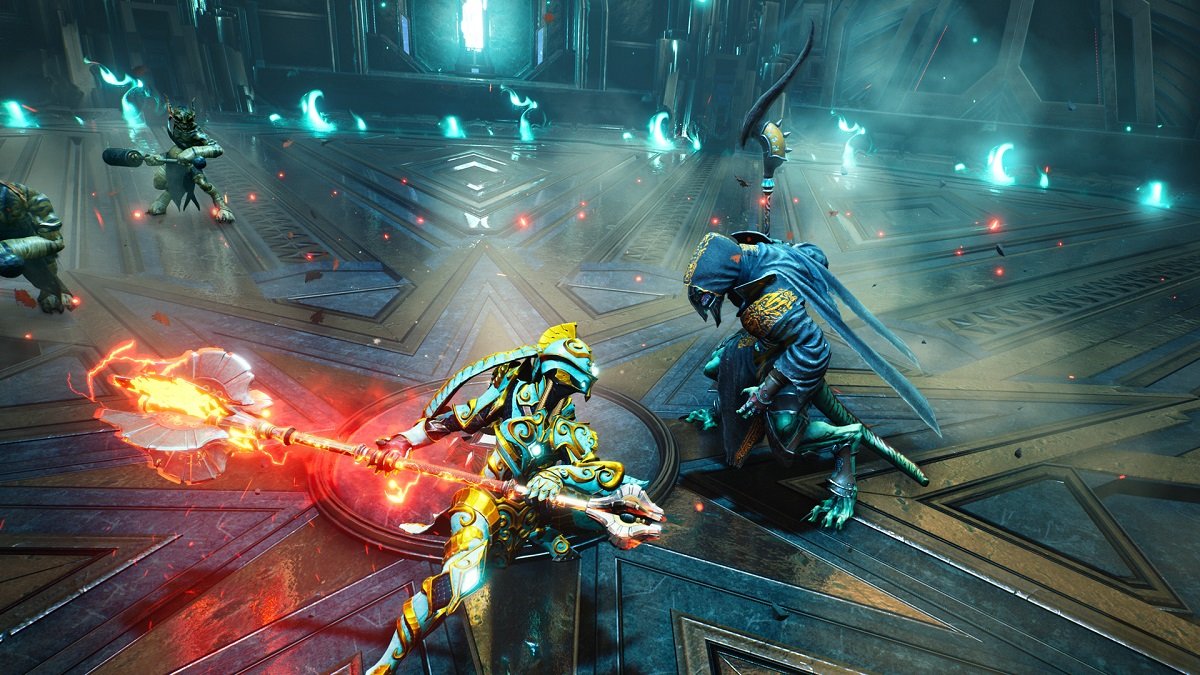
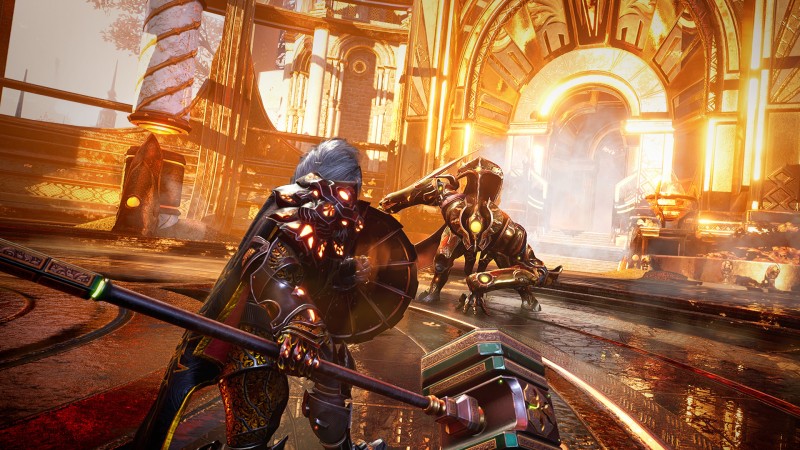

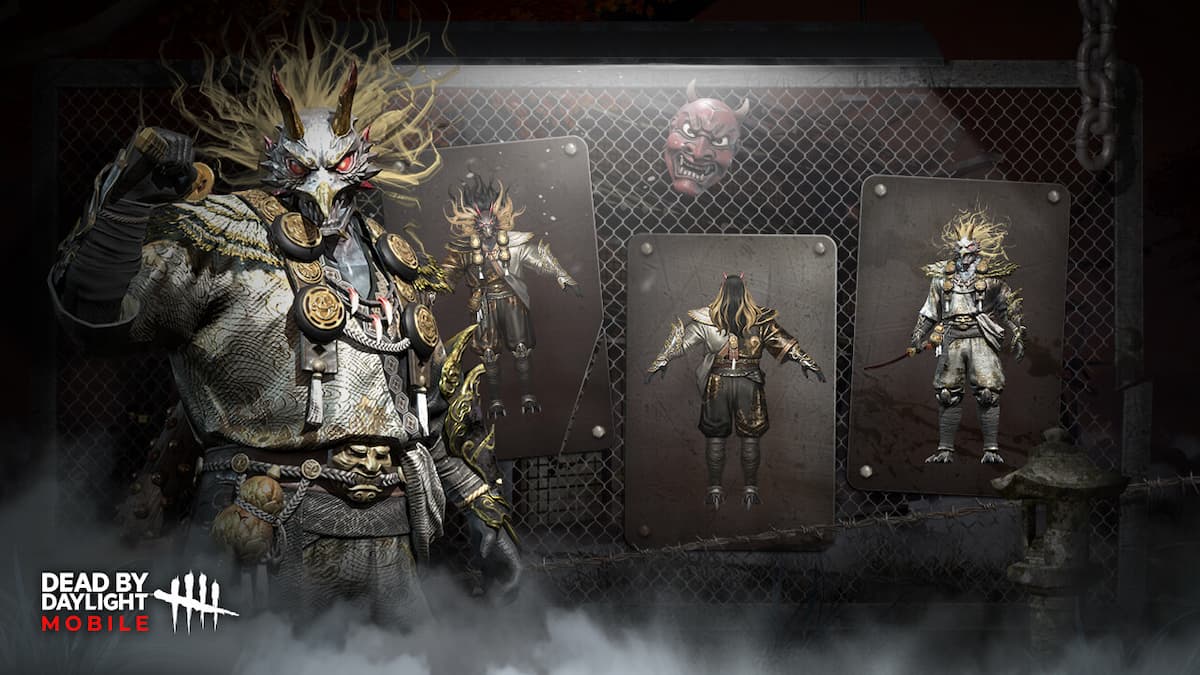
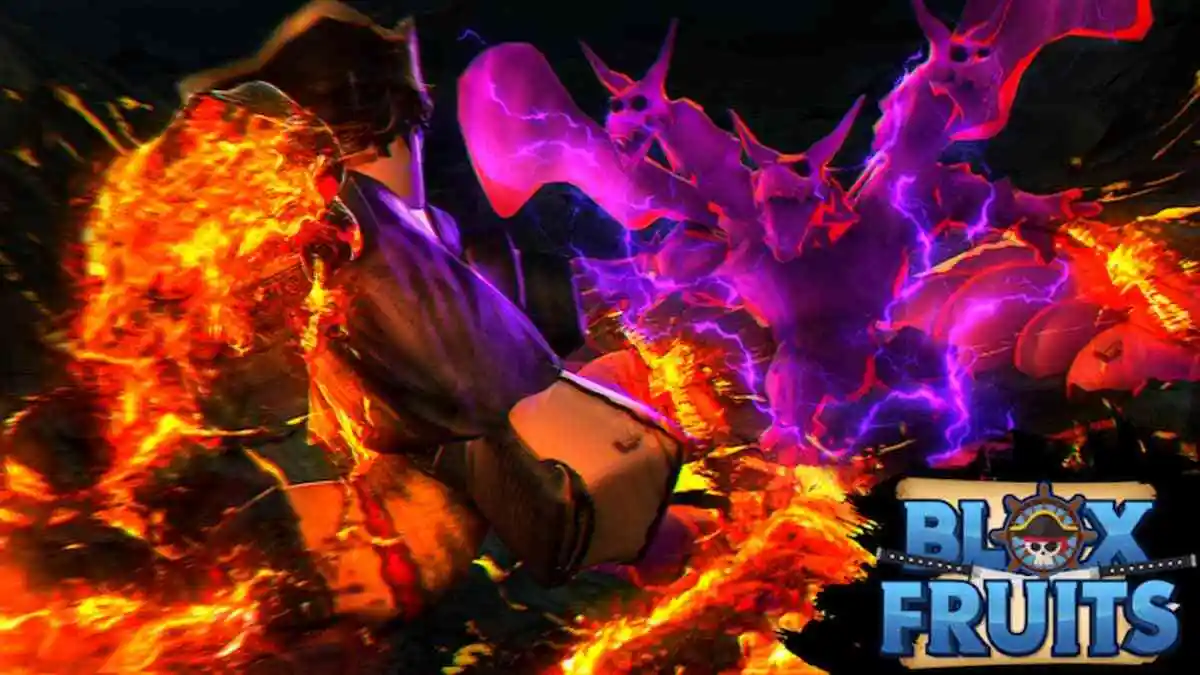

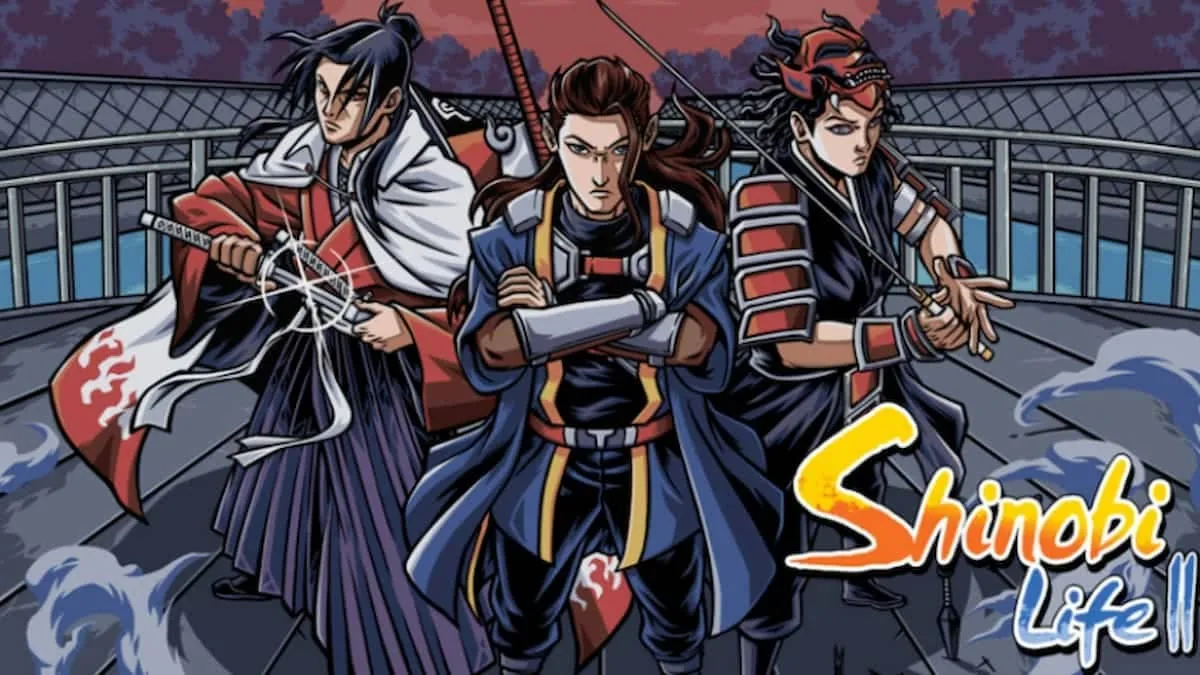
Published: Nov 19, 2020 01:31 pm